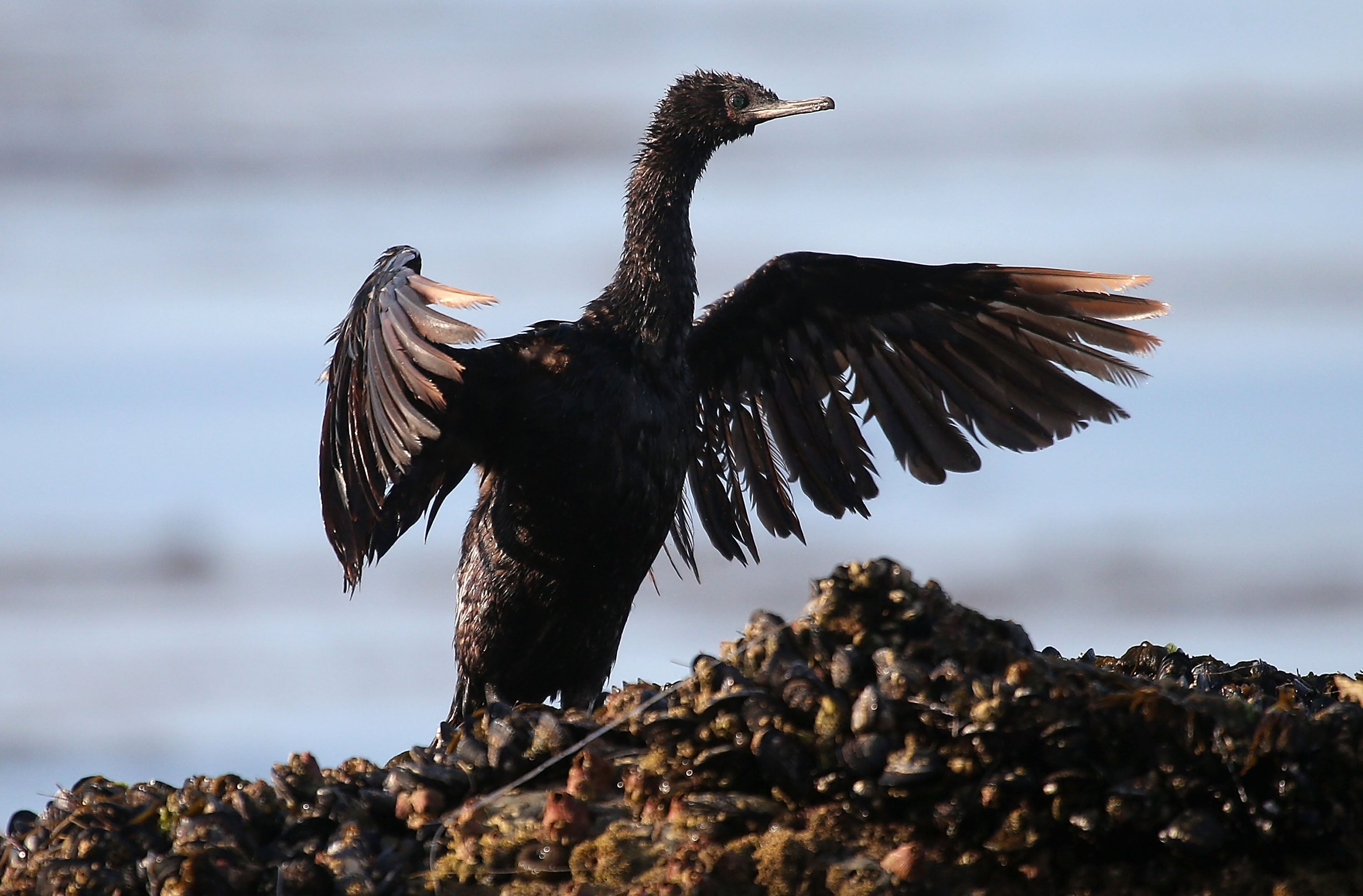UK must lead the way by making ‘ecocide’ a criminal offence, Green Party peer urges
Exclusive: Serious harms against nature must be treated as a crime both in UK and internationally, says Natalie Bennett

Your support helps us to tell the story
From reproductive rights to climate change to Big Tech, The Independent is on the ground when the story is developing. Whether it's investigating the financials of Elon Musk's pro-Trump PAC or producing our latest documentary, 'The A Word', which shines a light on the American women fighting for reproductive rights, we know how important it is to parse out the facts from the messaging.
At such a critical moment in US history, we need reporters on the ground. Your donation allows us to keep sending journalists to speak to both sides of the story.
The Independent is trusted by Americans across the entire political spectrum. And unlike many other quality news outlets, we choose not to lock Americans out of our reporting and analysis with paywalls. We believe quality journalism should be available to everyone, paid for by those who can afford it.
Your support makes all the difference.Ministers must lead the way by making “ecocide” a crime in the UK, a leading green figure has urged.
Ecocide – which literally means “killing the environment” – refers to acts of serious and intentional harm against the natural world that cause either widespread or long-lasting damage.
A growing movement calling for ecocide to be treated as an international offence akin to genocide or crimes against humanity has been backed by senior figures ranging from Greta Thunberg to the Pope.
Green Party peer Natalie Bennett said it was vital that the UK supports these calls as it gears up to host Cop26, a major global climate conference, in less than six months’ time.
“The ocean on fire we saw in Mexico is a reminder of the scale of the dangers we face [from harming the environment],” she told The Independent.
“What we are talking about with ‘ecocide’ is acts of harm on an enormous scale. In a UK context, this could be a major oil spill in the North Sea, similar to the Deepwater Horizon spill in America.
“If these kinds of acts happen in the UK, the impact not only on the natural world but also on people would be absolutely enormous.”
The BP Deepwater Horizon spill in 2010 killed 11 workers and thousands of marine mammals and sea turtles.
Oil spills by international fossil fuel companies also frequently occur in developing world countries. The Niger Delta in southern Nigeria saw more than 12,000 oil spill incidents from 1974 to 2014. Research published in 2019 found that spills in the region were associated with a doubling of the death rate for newborn children.
Baroness Bennett has proposed two amendments on ecocide to the UK’s long-awaited environment bill, which is currently making its way through the House of Lords.
The first amendment would see ecocide treated as a criminal offence in the UK, with a maximum punishment of up to 30 years in prison.
Ecocide is already considered a crime in some eastern European countries, including Russia, Ukraine, Belarus and Moldova.
The second amendment would require the UK to support efforts to see ecocide recognised by the International Criminal Court, which currently only prosecutes against genocide, crimes against humanity, war crimes and crimes of aggression.
Leading efforts to have ecocide recognised as an international crime would help the UK show leadership on the climate and nature crises, said Baroness Bennett.
“We have a real problem. What I’m hearing from lots of international sources is that they are gravely worried about the moral authority of the UK as chair of Cop26,” she said.
We have a real problem. What I’m hearing from lots of international sources is that they are gravely worried about the moral authority of the UK as chair of Cop26
“If the government were to accept these two amendments – or even just the international one – then it really would be stepping up and showing a degree of seriousness and international engagement. That would be a real boost to Cop26.”
In a statement, campaign group Stop Ecocide International agreed that the amendments presented a “real political opportunity for the UK government”.
“Supporting an international crime of ecocide would show clear, appropriate and decisive leadership, while at the same time calling on the international community to step up alongside – as of course it must do, if we are to protect our planet’s precious life-support systems and our children’s futures,” the group said.
A spokesperson for the government’s department for environment, food and rural affairs said “ecocide [was] not a crime recognised under existing international law and there is currently no consensus on its legal definition”.
“However, there are already strong regulations in place to protect the environment and breaking many of these is already a criminal offence,” said the spokesperson.
“Alongside this, the environment bill will create the independent Office for Environmental Protection which will have the power to scrutinise environmental policy and law, investigate complaints and take enforcement action against public authorities for breaches of environmental law.”
Join our commenting forum
Join thought-provoking conversations, follow other Independent readers and see their replies
Comments